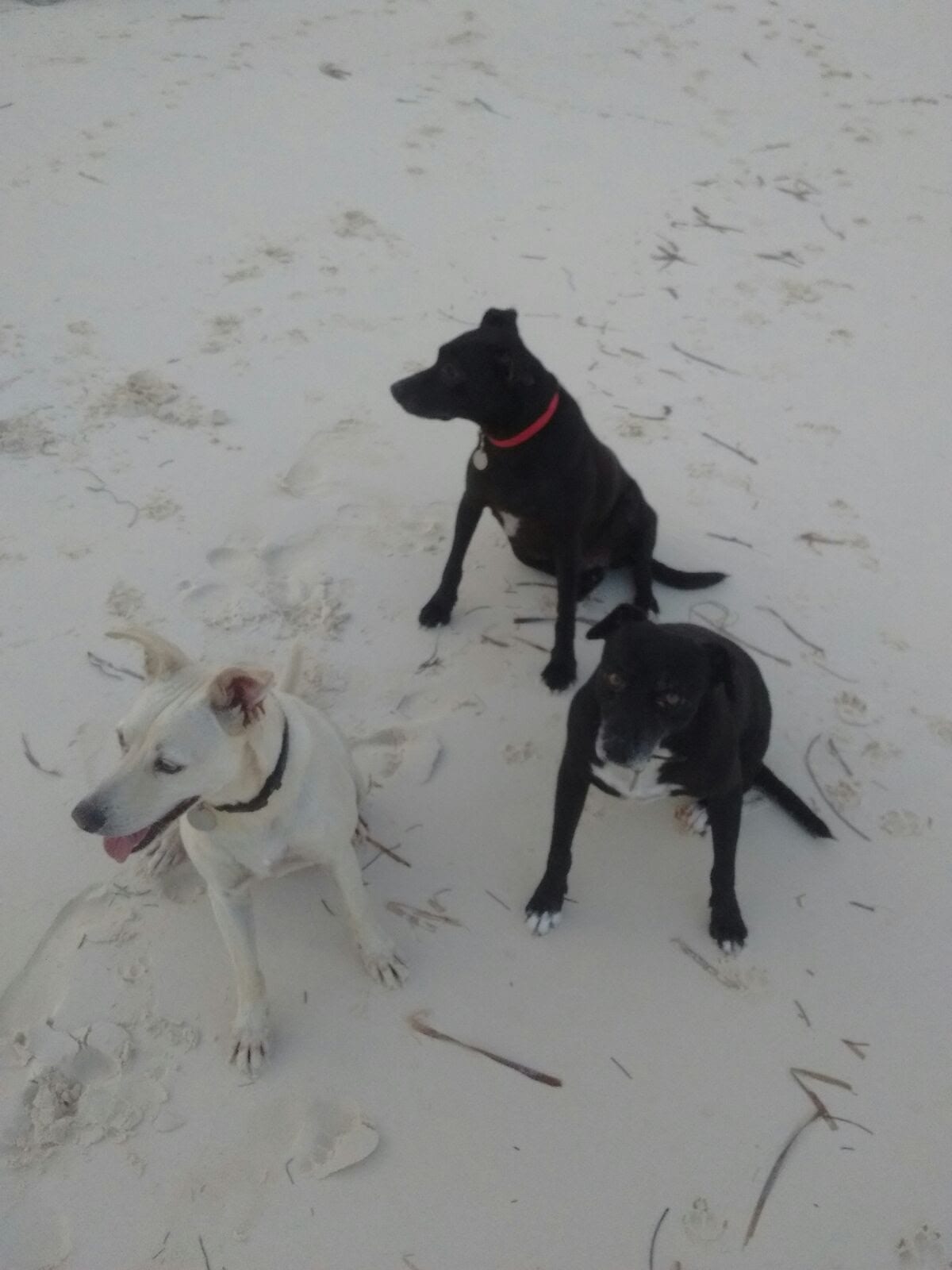Last night Tropical Storm Harvey hit Barbados with heavy rain, 40 mph gusts of wind and a brief period without electricity or internet! We prepared for what could be a challenging night. After the storm passed I reflected on 4 lessons we can apply when leading in challenging times.
1. Recognise leadership is not a solo sport
We are still unpacking boxes as we recently returned to Barbados so we don’t have a radio. As a result we were completely unaware of the storm warning. My friend called me to tell me, she is often a project manager on my projects and knows me well. Had she not called we would not have known a thing. Especially as I’m more strategic than operational and so don’t do detail, if I can help it.
Leaders need to build a strong teams who know both your strengths and your weaknesses. My friend has been so critical in filling my gaps on our projects. Without this we would not succeed.
The other key lesson is once you have a strong team, listen to them! I wrote a blog entitled Great leaders should know it all. Leaders don’t know it all and having the humility to listen to others is critical. The tendency in challenging times is to drive activities without speaking to others as there’s a heightened sense of urgency. That’s exactly the time to remember leadership is not a solo sport..
2. Make it personal
As we prepared for the storm we had to take account of our pets. We have 3 little ‘Potcakes’ as they call them in Turks and Caicos Islands (mixed breeds).
The kennels were well secured and sheltered from the elements. However, thunder and lightning followed the rain. The dogs were not wet but we brought them inside. Benji, the beige dog, and Lola, our girl with the red collar, were irritated. They were happily sleeping, safe and warm in their beds. Jasper, our other black dog, is a nervous dog, and was terrified of the thunder. Our dogs are not people but paying attention to their well-being is paramount as an owner.

Similarly, caring for people is an area leaders must pay attention to, especially in difficult times. As I said last week, God redeems people not structures. The decisions we make should not simply focus on the ‘facts’. We must treat people as individuals being concerned for their well-being. This is at the heart of Servant leadership. There is much evidence that ‘engaged’ people perform better. The way to engagement is to develop relationships of trust. Knowing your team’s unique capabilities and concerns and where possible, taking these into account is a great start.
I have not always appreciated, or applied this lesson, of the unique or personal concerns of my individual team members. I have seen the negative effects of that in challenging times of organisational change.
3. Communicate don’t assume
Andrew, my husband, and I prepared for the storm. We closed shutters, secured kennels and looked for things that could become flying missiles. Each did various tasks without communicating who would do what. We made assumptions. We both assumed that the other had secured and closed the office windows. Neither of us had. This led to a mad panic in the middle of the night to close the windows and stop the heavy rain coming in and ruining our computer and other equipment.
Had we taken time to communicate this would not have happened. We would have identified what needed to be done and confirmed who was doing what. That would have avoided the loss of sleep!
Leaders must communicate and not assume. In challenging times we get busy ‘doing’ and often communicate less. That’s the time we need to communicate more. Team’s need to understand your plan, and, what is needed of them. Providing opportunities for your team to give feedback and advice is also necessary: “Plans fail for lack of counsel, but with many advisers they succeed.” (Prov 15:22, NIV)
4. Be accountable
The morning following the storm Andrew and I were talking over morning coffee. It was later than usual because of our lack of sleep! Andrew said, I’m sorry about the windows. I’m in charge of securing the house and should have made sure all the windows were closed. Next time I’ll do a check of all of them.
I can’t tell you how re-assuring that was to hear him hold himself accountable.
Leaders takes responsibility. Teams that see their leader hold themselves accountable will not only be re-assured during the challenging times, but trust. Great leaders recognise that the ‘buck stops with them’, no matter what. Leaders who makes excuses, or worse blames others, signal that they cannot be trusted.
Our storm has passed. There was some damage reported, houses lost roofs, but no fatalities. We are thankful.
Have a safe and relaxing weekend!


Enjoying the posts – thought-provoking